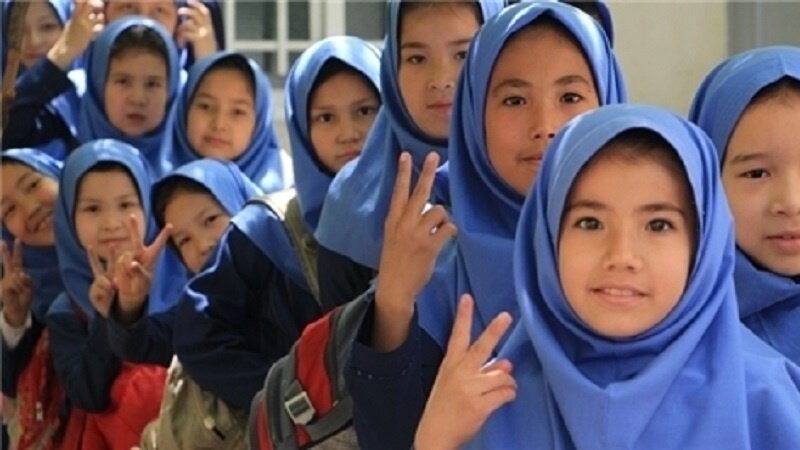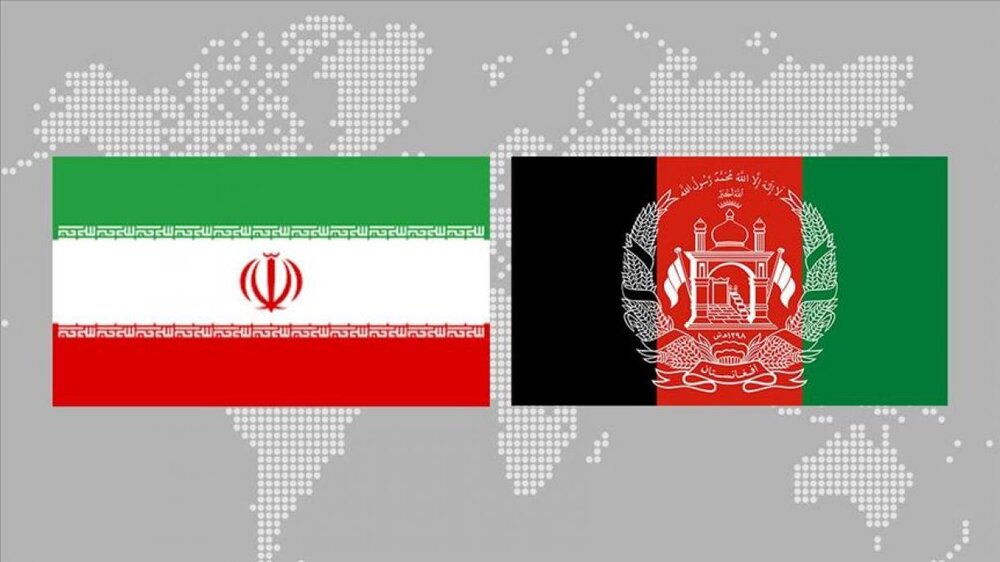“According to official figures, 28,000 children below the age of 18 years have filed applications to receive birth certificates and a nationality. The first group obtained their Iranian nationality and Iranian identity booklet (shenasnameh) on November 18.
“The implementation of this Law is a milestone for the protection of the rights of stateless persons in Iran, including children. Statelessness can hinder a child’s access to basic social services such including healthcare and education.
“UNICEF welcomes this important development for children on the 31st anniversary of the adoption of the Convention on the Rights of the Child which recognizes the child’s right to acquire nationality in Article 7.
“UNICEF remains committed to continuing supporting the Government of Iran and partners for promoting child wellbeing in the country.”
The first children, out of some 10,000 children whose citizenship applications have so far been accepted, received their Iranian identity card last month.
According to the Government of Iran, nearly 75,000 children at risk of becoming statelessness are eligible for Iranian citizenship under a new nationality law, which was amended in 2019 to allow children under 18 years to apply for identity documents.
According to article one of the law, children of Iranian women and non-Iranian men who were born before or after the law can be an Iranian citizen in case the Iranian mother requested if they have no security problem before the age of 18.

These children, after reaching the age of 18, can apply for Iranian citizenship if not requested by the mother, then will be granted Iranian citizenship in case of no security problem.
Although Iran is not a party to the UN Conventions on Statelessness, the Government of Iran is taking steps towards the prevention and reduction of statelessness in the country.
While the law does not give mothers and fathers equal rights to confer nationality to their children, it represents significant progress.
Statelessness: a global issue
Around the world, stateless people can face a lifetime of exclusion and discrimination and are often denied access to education, health care, and job opportunities – making them vulnerable to exploitation and abuse.
Worldwide, statelessness affects millions of people, leaving them without the basic rights and official recognition that most of us take for granted. Some 3.9 million stateless people appear in the reporting of 78 countries, but UNHCR believes the true total to be significantly higher.
“No child chooses to be stateless,” said Ivo Freijsen, UNHCR Representative in Iran last year. “Without identity and official documents, stateless people are often excluded from society. The Government of Iran is leading by example through its new law. It is a hugely positive move for these children and their families.”

Tehrantimes


Your Comment